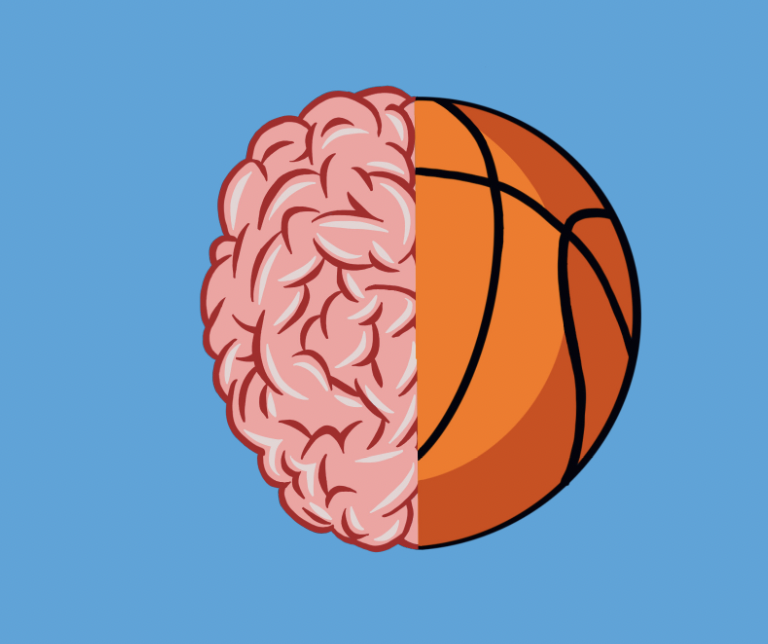Mental health in sports is just as crucial as the physical side, yet we often overlook its importance. Mental health affects all aspects of life, both on and off the field, impacting performance and long-term success, especially for student-athletes. With constant deadlines, practices and games, balance is hard to find and student-athletes can feel overwhelmed; but students can find a way to manage this pressure.
“I focus on one thing at a time,” FHS sophomore soccer player Kieron Chapa said. “For example, if I have homework due, I get it over with right away so that I can focus on soccer and have no worries. That clears my mind and doesn’t make me stress over anything.”
Jay Manahan, a sophomore football player at FHS, has a different approach.
“I stay mentally focused and motivated by having a good mindset,” Manahan said. “[I] like questioning myself, ‘Why did I start this?’ and reminding myself, ‘All that hard work I’ve done will be for nothing if I quit.’”
Both athletes highlight the importance of mindset in managing the demands of school and sports.
A healthy mind is key to both athletic and academic success. Chapa notes that his mental state directly affects his performance.
“If I’m feeling stressed or something, I start performing a little worse, and vice versa,” Chapa said. “I play depending on my mood and my mental health.”
Manahan expressed a similar mindset.
“Whenever I am burned out, I always think that I’m just getting started that helps me push through,” Manahan said.
However, Manahan also pointed out that many athletes do not feel comfortable discussing their mental health with coaches or staff because they feel that coaches would not care.
This highlights a common challenge in sports. Research shows a strong correlation between mental health and athletic performance. A study from the National Library of Medicine explains that elite athletes experience a broadly comparable risk of high-prevalence mental disorders (i.e., anxiety, depression) relative to the general population. Despite this, many athletes hesitate to seek help, with some seeing it as a sign of weakness.
Sports organizations, schools and coaches need to create environments where mental health is openly discussed, judgment-free. Encouraging athletes to seek help, offering access to mental health professionals and providing stress management activities may make a significant difference. Teaching athletes techniques like mindfulness, meditation and time management can also ease the pressure they face.
“I handle [the daily stresses of football] by thinking that it’s just another day of showing out and seeing what I can improve on and learn from my mistakes,” Manahan said.
Chapa’s and Manahan’s experiences are a reflection of what many student athletes face; ultimately, mental health support should be more normalized and made more accessible. Athletes perform at their best when they are both physically and mentally fit. It is time for the conversation about mental health in sports to become as routine as the conversation about physical health, to help athletes excel both on the field and in life.








